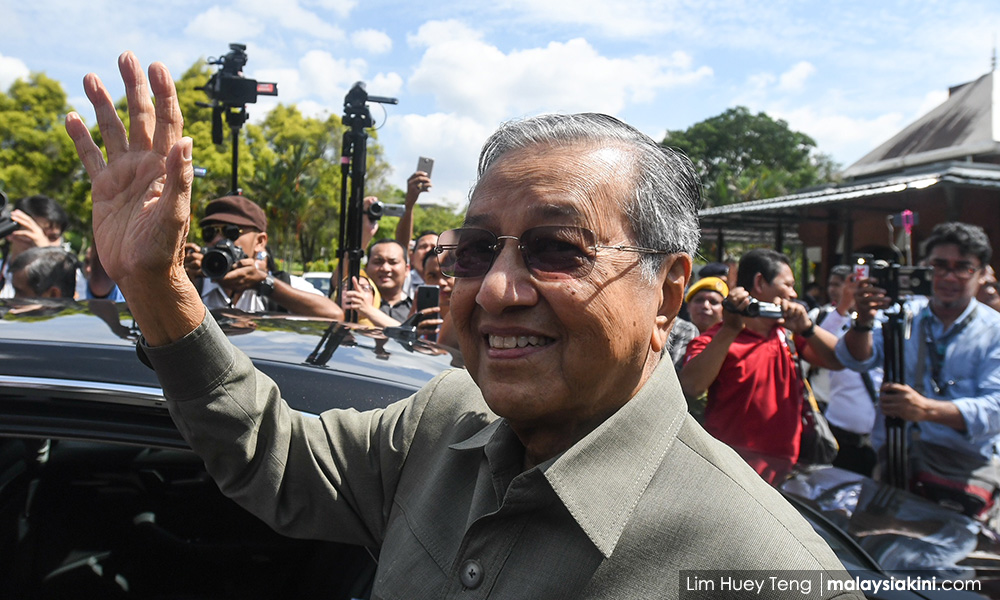
What was the worst news item of 2017?
For me and perhaps many progressives in Malaysia, the most shocking item was the news that Pakatan Harapan had chosen Malaysia’s infamous autocrat Dr Mahathir as their “interim prime minister” should they come into power after GE14.
Besides being a slap in the face of the Reformasi movement that emerged in 1998 in response to Mahathir’s sacking of Anwar Ibrahim and his 22-year autocratic rule, the appointment of the 92-year old former Umno politician as their candidate for PM reveals the political bankruptcy of Harapan.
Is this what Harapan means by “the audacity of hope” for the nation?
I have written enough about Harapan’s political backsliding and Mahathir’s political baggage of yesteryear, which a hollow apology cannot obliterate. Here, as we say goodbye to 2017, I would like to remind our elderly politicians to know when to say goodbye.
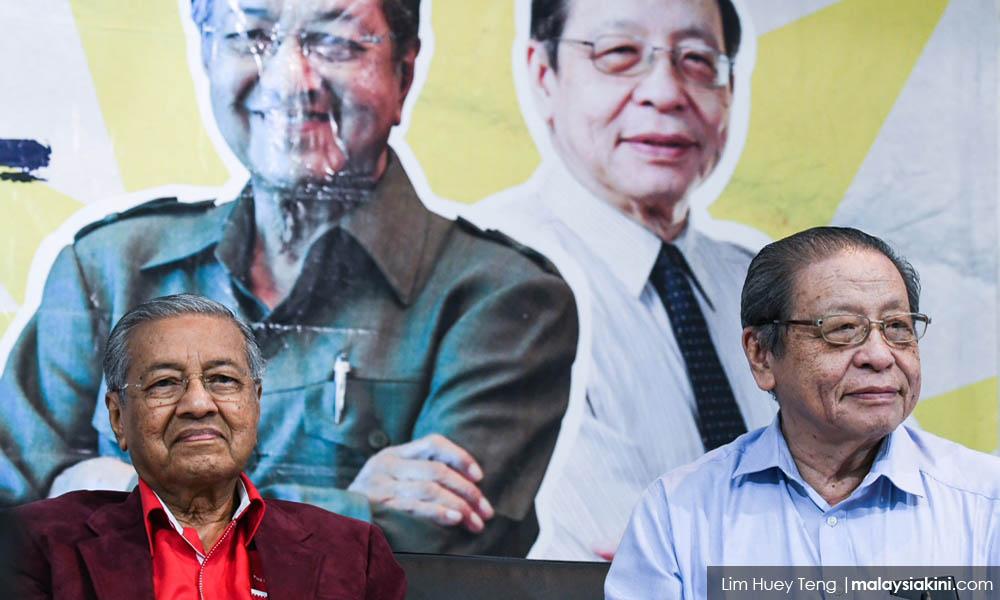
I have also read the news that another elderly politician, Lim Kit Siang, is recuperating from an operation to remove a cancerous tumour. I wish him a speedy recovery and hope that this will be a wake-up call for him to reflect and explore other aspects of our mortal wisdom that he may have missed through his decades-long political life as an MP.
‘No one is indispensable’
“If you don’t know when to get off the stage, then you know you have stayed too long…”
This piece of show business advice should be learned by our elderly politicians. As the 14th Malaysian general election looms ever closer, it is almost comical to see these elderly politicians still trying to justify their “right” to stand for elections even while they clamour for “change” in the political order.
They even cite political conspiracies by their political opponents to justify hogging their electoral seats. Some have been in Parliament since the era of the Tunku – half a century ago! During that time, Umno – surely not the paragon of democracy – has changed party leaders five times!
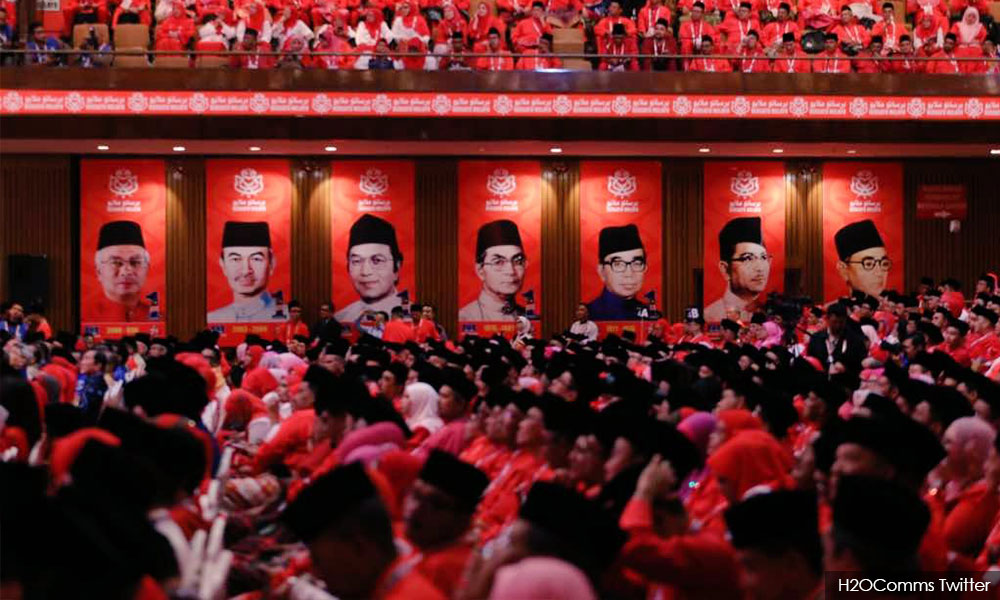
It is no coincidence that these political leaders control their own political parties and all prospective candidates in the party are beholden to them. They also hog the federal as well as the state seats using the justification that they are indispensable.
The late Karpal Singh was a stern opponent of this grabby practice by established party leaders to hog federal as well as state seats. His famous line when a former DAP stalwart left the party in 1990 was: “No one is indispensable.”
Surely that applies to everyone in the world, or are some people exempt from this mortal truism?
Why are term limits vital for democracy?
Clearly, many Malaysian politicians still do not appreciate the meaning of democracy, but this is no excuse for the leaders of a party that calls itself the Democratic Action Party.
During the historic Paris Commune of 1871, elected officials were subject to immediate recall. In ancient Greece, more than 2,000 years ago, many offices were term-limited so as to limit the power of individuals, a practice that was seen as vital for the greater good of society.
Even in other democratic countries, we see responsible and honourable politicians resign at the slightest failure of judgement on their part or when their term has reached a convenient point for some other younger leader to take over the party.
Many modern republics employ term limits for their highest offices. The US places a limit of two terms on its presidency, while some state governors and state legislators also have term limits. The Russian Federation likewise limits the head of state to two terms; any further terms cannot be consecutive.
The democratic justification for this term limit is simply that elected officials can over time obtain too much power or authority, making them less representative of all the citizens. The democratic principle behind term limit is that no one person should have too much power nor for too long. Thus, the concept of term limits minimises the amount of power any one person can gain over a period of time.
Preventing chances of corruption
As we have seen only recently, even within the two-term service, corporate interests, including those in property and finance can provide inducements to the incumbent chief minister especially when they have developed familiar relations over time.
There is clearly a correlation between the length of time a politician serves and the degree to which he/she has opportunities to engage in corruption. The principle of term limits has always been applied to the civil service, which is why civil servants and police personnel are transferred every so often to prevent the acquisition of power and inducements to corruption in any one post.
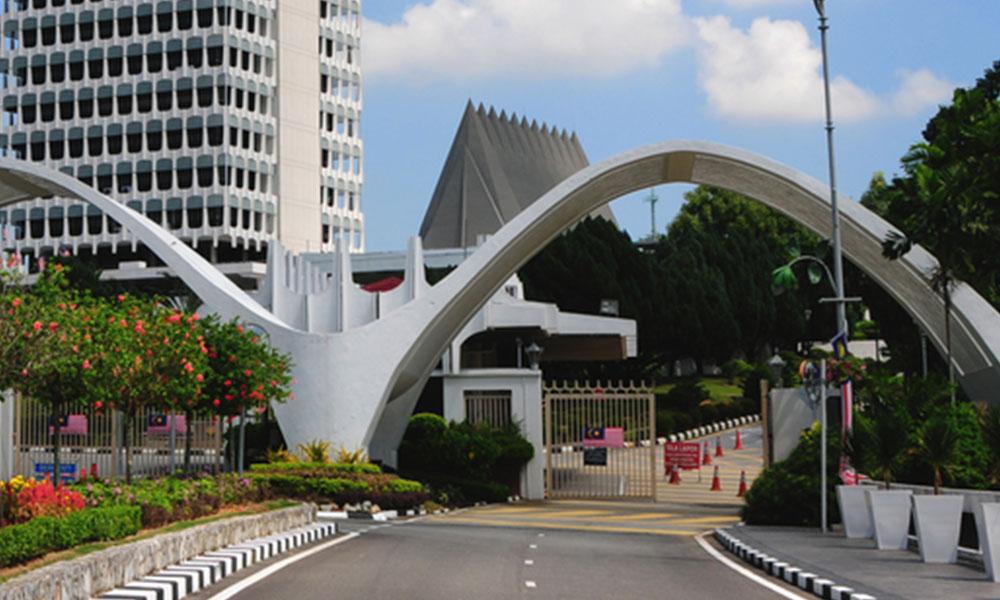
Term limits would make this less likely since there is less time that a politician can be influenced by the power of the office that they hold. Corporate interests cannot become as entrenched when term limits are in place.
With term limitations, corporate influence still happens, but not to the extent that it can when such interests develop unhealthy relationships with career politicians who are in office for a long time.
Preventing careerism
In a democracy, elected representatives are supposed to represent the interests of the citizens. As most politicians will tell us when they are interviewed, their work is supposed to be a service to society as a whole.
Being a member of parliament or state representative is not a profession, even though it has become a career for many people. In fact, elected officials should operate on the understanding that they are only serving the people for a period of time until it is someone else’s turn. Term limits ensure that their representatives focus more on representing the public than on hogging the office and power.
Opportunities for others
Democracy and organisational development are about providing opportunities to as many people as possible and especially empowering the young, women, indigenous people and the marginalised.
In our society, there are so many individuals with untapped potential for leadership as if that is not clear for all to see. In recent years, we have seen the surge of many young capable leaders in politics, including women from various ethnic origins.
Even the ancient sage Laozi could appreciate what true leadership is: “A leader is best when people barely know he exists, when his work is done, his aim fulfilled, they will say: we did it ourselves.” Isn’t this a far cry from the elderly leaders whose delusion of grandeur make them cling to power?
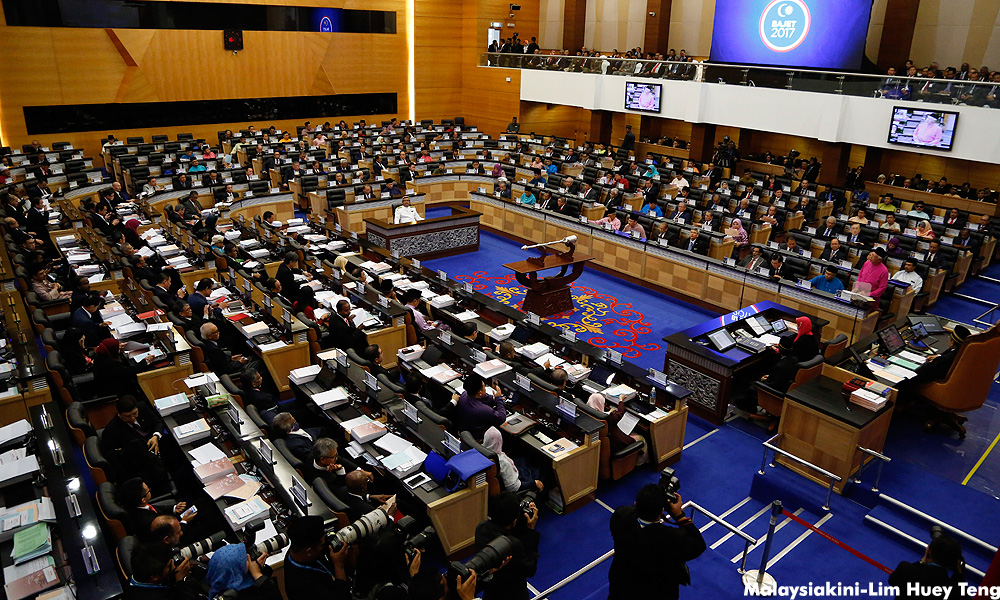
Let’s face it, the number of available seats in the federal parliament and state assemblies is strictly limited. To have served four terms in parliament is a reasonable limit and allows new candidates to make themselves known to their constituents and have a go at representing the people.
Term limits will create the opportunity for younger people to get elected to public office. Modern society needs service-oriented young people in different elected positions, providing diversity and strength to the citizenry. A wider pool of candidates also gives voters a bigger choice of new people and new dynamic ideas.
Overdue democratic reform
Thus, this democratic principle of disallowing any one person from holding a position of control or power for an indefinite period of time is for the common good and should be an urgent democratic reform for Malaysia.
The terms of all elected officials should be limited, namely, that of the prime minister, chief minister or menteri besar to two terms, and that of members of parliament and state assemblypersons to four terms.
I have always said that standing for political office is like having a go on the merry-go-round. Who does not loath the bullies who refuse to get off in order to allow others have a go?
Let us hope that 2018 and GE14 will bring forth exciting young leaders who can transform our gloomy, tired and neo-liberal political scene and lead us into a progressive, just and democratic future.
KUA KIA SOONG is Suara Rakyat Malaysia (Suaram) adviser.- Mkini



No comments:
Post a Comment
Note: Only a member of this blog may post a comment.